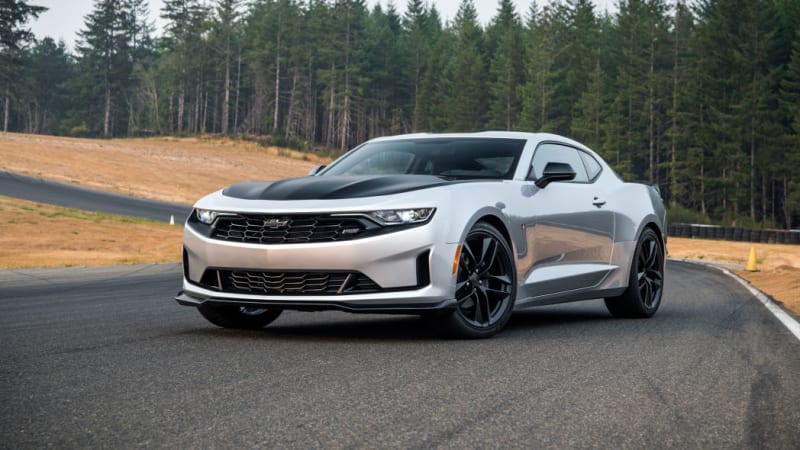
Chevrolet Camaro SS, ZL1 banned in California and Washington
Brake pad regulations are forcing Chevrolet to stop selling the SS and ZL1 variants of the Camaro in California and Washington. Both will return for 2022.
Effective Jan 2021, SS and ZL1 Camaros are banned for sale in California due to excessive copper in the brake pads, killing fish.
